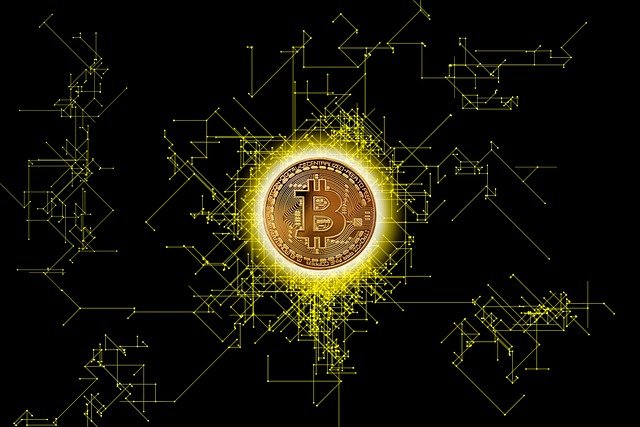Real Estate Tokenization: Revolutionizing Property Ownership
Imagine a world where you can own a piece of prime real estate with just a few clicks, regardless of your location or budget. This isn't a distant dream—it's the reality that real estate tokenization is bringing to the forefront of property investment. As blockchain technology reshapes various industries, the real estate market is experiencing a paradigm shift that promises to democratize access to property ownership and liquidity like never before.

The Mechanics Behind Tokenized Properties
At its core, tokenization utilizes smart contracts on blockchain platforms to create and manage digital representations of real-world assets. When a property is tokenized, it’s essentially split into numerous shares, each backed by a corresponding portion of the property’s value. These tokens can be bought, sold, and traded on specialized platforms, much like stocks on a stock exchange.
Benefits for Investors and Property Owners
For investors, tokenization opens doors to previously inaccessible markets. It allows for fractional ownership, meaning individuals can invest in high-value properties with minimal capital. This democratization of real estate investment could potentially lead to more diverse portfolios and reduced risk through easier diversification.
Property owners, on the other hand, can benefit from increased liquidity. Tokenization makes it possible to sell portions of a property without the need for traditional, time-consuming real estate transactions. This flexibility can be particularly valuable for large-scale commercial properties or developments that might otherwise be challenging to divest quickly.
Global Market Access and 24/7 Trading
One of the most exciting aspects of real estate tokenization is the potential for global market access. Investors from anywhere in the world can participate in property markets that were once geographically restricted. This global liquidity pool could lead to more efficient pricing and potentially higher property values.
Moreover, unlike traditional real estate transactions that are limited to business hours, tokenized real estate can be traded 24/7. This continuous market activity could result in more dynamic pricing and increased opportunities for investors to capitalize on market movements.
Regulatory Challenges and Compliance
As with any innovative financial instrument, real estate tokenization faces regulatory hurdles. Different countries have varying approaches to the regulation of tokenized assets, creating a complex landscape for both issuers and investors. Compliance with existing securities laws, property regulations, and anti-money laundering (AML) requirements is crucial for the widespread adoption of tokenized real estate.
Technology Infrastructure and Security Concerns
The backbone of real estate tokenization is blockchain technology, which offers enhanced security and transparency. However, the reliance on this technology also brings challenges. Ensuring the security of digital wallets, protecting against cyber threats, and maintaining the integrity of smart contracts are all critical aspects that need continuous attention and improvement.
Impact on Traditional Real Estate Practices
The rise of tokenization is likely to have far-reaching effects on traditional real estate practices. Property valuation, title transfers, and even the role of intermediaries like brokers and lawyers may evolve as blockchain-based solutions become more prevalent. This shift could lead to more efficient processes and reduced transaction costs in the long run.
Future Outlook and Market Potential
As the technology matures and regulatory frameworks adapt, the potential for real estate tokenization appears vast. Industry experts project that a significant portion of the global real estate market could be tokenized in the coming decades, potentially unlocking trillions of dollars in liquidity. This transformation could reshape investment strategies, portfolio management, and even the concept of property ownership itself.
Conclusion
Real estate tokenization stands at the intersection of blockchain innovation and one of the world’s oldest and largest asset classes. While challenges remain, the potential benefits of increased liquidity, accessibility, and efficiency make it a trend worth watching closely. As the technology evolves and adoption grows, we may be witnessing the early stages of a fundamental shift in how we perceive, value, and trade real estate assets. For investors, property owners, and industry professionals alike, staying informed about this transformative trend could be key to navigating the future of real estate markets.






